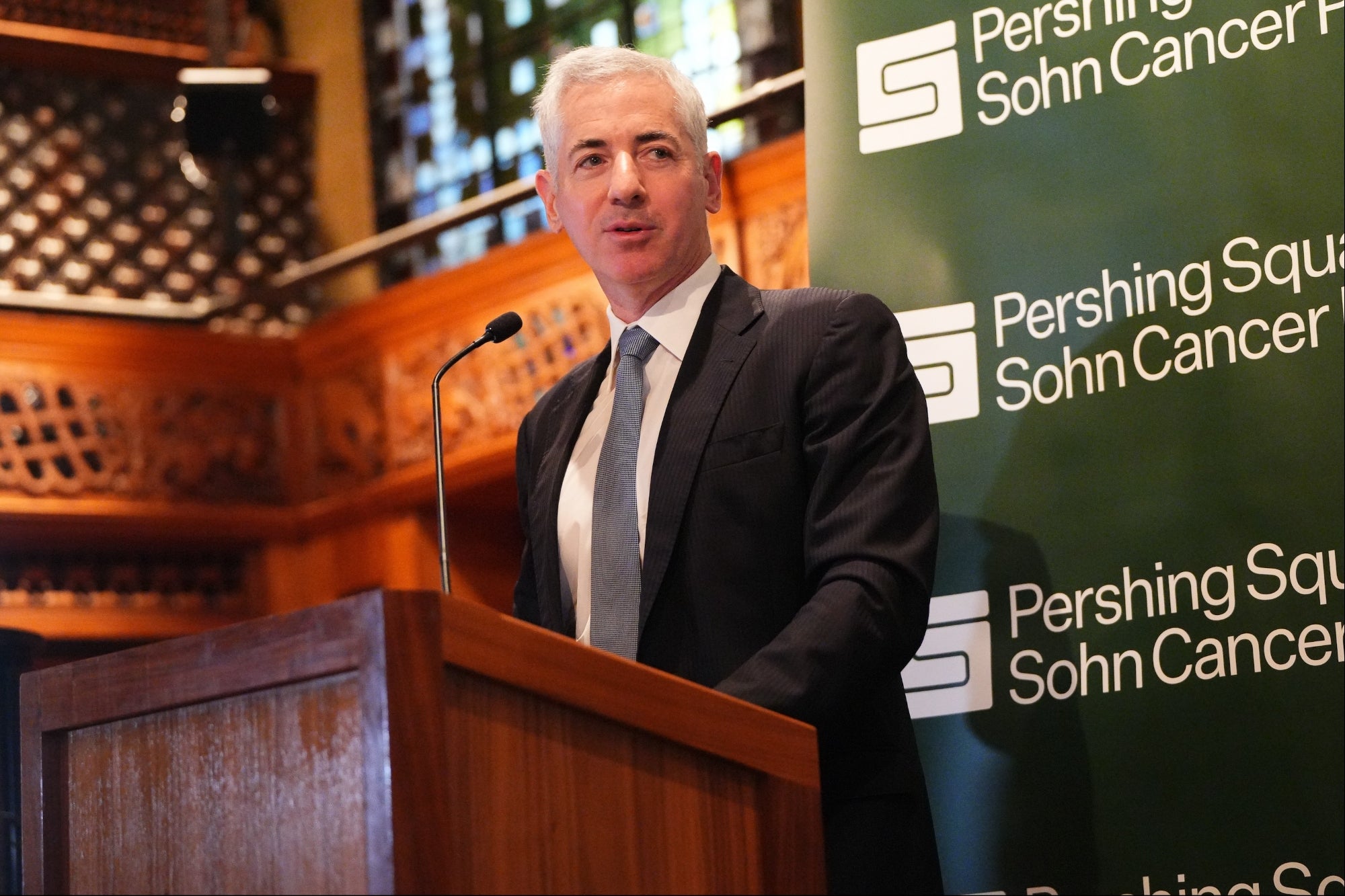3 Signs Your Startup Needs a CTO — But Not As a Full-Time Hire Is your business stalling due to a lack of technical expertise? External support can provide the critical guidance you need.
By Ilia Kiselevich Edited by Micah Zimmerman
Key Takeaways
- While a derailed venture usually involves multiple factors, your CTO is a key player who can significantly influence the outcome.
- It's okay for evolving startup leaders not to have a technical background.
Opinions expressed by Entrepreneur contributors are their own.
Entrepreneurship is a series of tough choices, and leaders of young companies — startups and growing businesses — often feel their weight more acutely than others. Amidst this whirlwind of tech market entry challenges, one is absolutely critical: access to quality expertise — particularly technological.
Businesses, often brimming with ambition but lacking this essential know-how, are especially vulnerable to project failures. You've probably heard those nightmare statistics, but during my 8 years in the field, I've gathered my own numbers: 1 in 3 projects we undertake requires rescue services, with nearly all of them stemming from poorly defined technical decisions.
Mistakes like inadequate timeline and budget estimation, wrong tech stack selection and scalability issues are often fatal. And while a derailed venture is always a cocktail of factors, the chief technical officer (CTO) on board is the key player who can make or break everything.
Related: Our CTO Gave Us an Unexpected Ultimatum
What is CTO as a service?
CTO as a service provides businesses with access to experienced technical leadership without the commitment of a full-time hire. This model allows startups to leverage specialized expertise on an as-needed basis.
When it comes to benefits, I would rather name the main one: the model wins big in its ability to adjust service to fit your project's needs, scaling up or down as necessary the degree of engagement, the scope and the duration. This is where all the real perks come from, particularly lower financial costs (careful: this isn't simply a cheaper service overall).
What am I getting at? Taking the plunge to hire a tech visioner is great, in theory. What I described above are essentially conditions of limitations, and operating within them is a completely different level of art. That's why engaging an external specialist is the savvy move to cut through the chaos.
Three cases when to consider this hiring model
So, who is this model specifically suited for? Is it applicable to all developing businesses? Of course, every technical project has its own unique recipe for success, but I have observed three standard scenarios where this specific model of hiring a CTO will be most beneficial.
1. You've got coders — but no technical leader
In many startups or evolving companies, there's a common misconception that a (senior) developer can seamlessly fill the role of a CTO. However, while they bring invaluable technical skills, they often lack the strategic oversight necessary for high-level decision-making.
Add the fact that business owners often lack a technical background and sooner or later (most likely sooner, because cracks appear immediately in small companies) realize that waiting for this miraculous transformation from a coder who kind of knows how to build an MVP to a CTO, especially in a tight timeframe, turns out to be too costly.
An on-demand expert can bridge this gap by offering leadership that goes beyond programming. This model provides access to strategic guidance on technology choices, project architecture and team dynamics. During a growth phase, mistakes in management won't be forgiven.
2. You don't have the budget to feed a big fish in-house
For many emerging businesses, the financial realities dictate a lean operation. Moreover, many have yet to secure funding. Hiring a full-time CTO can strain tight budgets, diverting funds from critical areas like product development and market expansion.
However, with the CTO as a service model, companies can access top-tier expertise tailored to their financial capabilities. This flexibility allows startups to engage a tech strategist on a project basis, paying only for the high-quality leadership they need when they need it (and if needed).
The cost-effectiveness of this model means businesses can allocate resources more strategically, investing in growth initiatives while still benefiting from high-level technical oversight. This arrangement not only maintains financial prudence but also ensures that strategic decisions are informed by industry best practices.
3. You need expertise from the outside
As I mentioned, project rescue is a common inquiry in the world of mobile and web development. Ideally, it's best to prevent situations where progress halts without significant assistance or, worse, where you might have to abandon the project entirely.
Engaging outsourced expertise offers a viable solution, providing a fresh perspective on existing challenges at a cost that remains accessible, even amid resource constraints. This strategic move allows businesses to tap into a wealth of external knowledge, leveraging insights gained from diverse industry experiences.
Such an external viewpoint can be invaluable, especially when navigating complex technical hurdles, ensuring that projects not only survive but thrive. Hiring a CTO isn't a band-aid for all problems, but the approach itself, combined with an as-a-service hiring model, is an option.
Related: Out With the Old, In With the New "Expanded" CIO/CTO Roles
Final words
Remember, it's okay for evolving business or startup leaders not to have a technical background. But what is not — to let this fact impact the whole project or even cause it to fail just because there's currently no need for 8х5 hours of third-party help or your resources are limited.
If you find yourself in any of these three scenarios, proactively seeking external support can provide the necessary technical guidance and fill critical gaps. CTO as a service allows you to bring in the expertise tailored to your unique context, ensuring your project stays on track and your vision comes to life.











